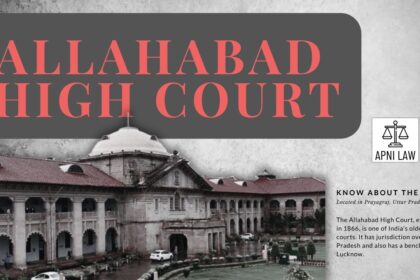Code
(1) Any police officer making an investigation under this Chapter, or any police officer not below such rank as the State Government may, by general or special order, prescribe in this behalf, acting on the requisition of such officer, may examine orally any person supposed to be acquainted with the facts and circumstances of the case.
(2) Such person shall be bound to answer truly all questions relating to such case put to him by such officer, other than questions the answers to which would have a tendency to expose him to a criminal charge or to a penalty or forfeiture.
(3) The police officer may reduce into writing any statement made to him in the course of an examination under this section; and if he does so, he shall make a separate and true record of the statement of each such person whose statement he records.
1[Provided that statement made under this sub-section may also be recorded by audio-video electronic means:]
2[Provided further that the statement of a woman against whom an offence under section 354, section 354A, section 354B, section 354C, section 354D, section 376, 3[section 376A, section 376AB, section 376B, section 376C, section 376D, section 376DA, section 376DB], section 376E or section 509 of the Indian Penal Code (45 of 1860) is alleged to have been committed or attempted shall be recorded, by a woman police officer or any woman officer.]
STATE AMENDMENTS
Chhattisgarh–
The second proviso to sub-section (3) of section 161 of the Code, shall be substituted with the following proviso, namely: —
Provided further that statement of the woman against whom an offence under section 354, section 354A, section 354B, section 354C, section 354D, section 354E, section 376, section 376A, section 376B, section 376C, section 376D, section 376E, section 509, section 509A or section 509B of the Indian Penal Code, is alleged to have been committed or attempted, shall be recorded, as far as possible, by woman police officer and shall also be recorded by audio-video means, as far as possible, and it shall be the duty of such police officer to take all such steps as are necessary to protect the identity of the woman.
[Vide Chhattisgarh Act 25 of 2015, s. 8]
Arunachal Pradesh–
Amendment of section 161.–In the second proviso to sub-section (3), of section 161 of the principal Act, for the words, figures and letters “section 354, section 354A, section 354B, section 354C, section 354D, section 376, section 376A, section 376B, section 376C, section 376D, section 376E or section 509 of the Indian Penal Code “the words, figures and letters namely section 354, section 354A, section 354B, section 354C, section 354D, section 376, section 376A, section 376AA, section 376B, section 376C, section 376D, section 376DA, section 376E or section 509 of the Indian Penal Code shall be substituted.
[Vide Arunachal Pradesh Act 3 of 2019, s. 14]
Explanation
This section empowers a police officer, not below the rank of Sub-Inspector, to examine any person who is likely to furnish information relating to the case. The examination must be conducted in the presence of the person being examined and recorded in writing. However, the police officer is not authorized to compel the person to answer any questions that could incriminate them.
Illustration
Imagine a theft case. The police officer investigating the case wants to question the neighbor of the victim who may have witnessed something suspicious. The officer can examine the neighbor under Section 161 CrPC, recording the answers provided. However, the neighbor is not obliged to answer any questions that might expose them to criminal liability.
Common Questions and Answers
Q: Can the police officer compel me to answer questions under Section 161 CrPC?
A: No. You have the right to remain silent and refuse to answer any questions that could incriminate you. However, you must answer questions that are not incriminating.
Q: What happens if I refuse to answer questions?
A: The police officer cannot force you to answer. However, your refusal may be noted in the record, which could be used in court.
Q: What happens to the information recorded under Section 161 CrPC?
A: The statement recorded under Section 161 CrPC is not admissible as evidence in court. However, it can be used to corroborate or contradict the witness’s testimony in court.








